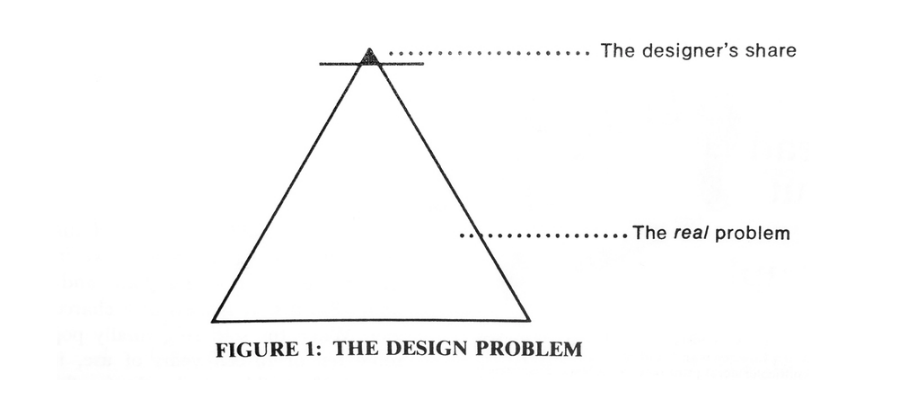The Canadian genocide operates on the basis of exclusion, division, and disempowerment:
Watch the Canadian Prime Minister make the argument that institutions such as the Federal Government of the Dominion of Canada and the Catholic Church are set in their ways and inherently resistant to change. Change does not come from institutions, designed to maintain the status quo.
If the issue of changing the name of a building in Parliament is going to take more conversation and more time, clearly time is on the side of Canada, but not on the side of the Indigenous Peoples. Democracy, capitalism, and constitutional monarchy are weapons of the state.
The goal of white supremacy is to disempower through the ongoing threat of violence to legitimize the social, economic, and political architecture designed to manufacture the consent of the governed to the rule of law and the Crown.
A culture of learned helplessness, trained incapacities, and bureaucratic intransigence are the social, economic, and political mechanisms of coercion that have worked so effectively over 153 years to design, build, and maintain a genocidal, apartheid state.
It is not possible to make incremental changes to a killing machine to mitigate the harms. The Nazi regime had to be dismantled. The Canadian genocide ends with the dismantling of the Canadian regime. Declare the claims of the Crown to the land illegitimate. #LandBack
The solution is simple. But white supremacy is about power. Letting go is hard. Until the mind of the White Supremacist changes, the public relations spectacles will continue, and the violence of the RCMP and the bureaucratic apartheid state will escalate genocide and ecocide.
Individualism and the illusion of legislative representation disempower the solidarity of collective action, enabling the public consent and complicity in the Canadian genocide with impunity. Change would require agreement, coordination, and collaboration.
We have a model for change that we can borrow from corporations that have weaponized collective consciousness, action, and governance. The design process has been proven as a successful model for global domination, monopolizing human time, energy, and resources.
However, with greater disillusionment in the promises of our institutions, we are experiencing multiple systemic failures, leaving us with deep dissatisfaction in the existing reality with no sense of a desirable, feasible, or viable alternative.
We are all designers. We can reclaim our power from the authoritarians to which we have abdicated our collective power. We can reclaim our social influence, economic capacity, and political agency. Indigenous History: Learning from the past to create a future that works for all
We invite people to collaborate with us in the process of changing the world by first changing ourselves through the process of design.
We are exploring how we imagine, design, and build the future together.
We will begin by recreating our own realities by starting with an understanding of our relationships with each other and to all living beings and to the universe of shared experiences in which we find ourselves.
We will begin with an appreciation of the complexity, diversity, and unity of this Creation that binds us to each other as neighbours and kin.
We acknowledge that we are living on the unceded territories of those who have lived on these lands from time immemorial. We seek to share the good things of this earth, taking only what is given, living in reciprocity by giving back more than what we have been given.

